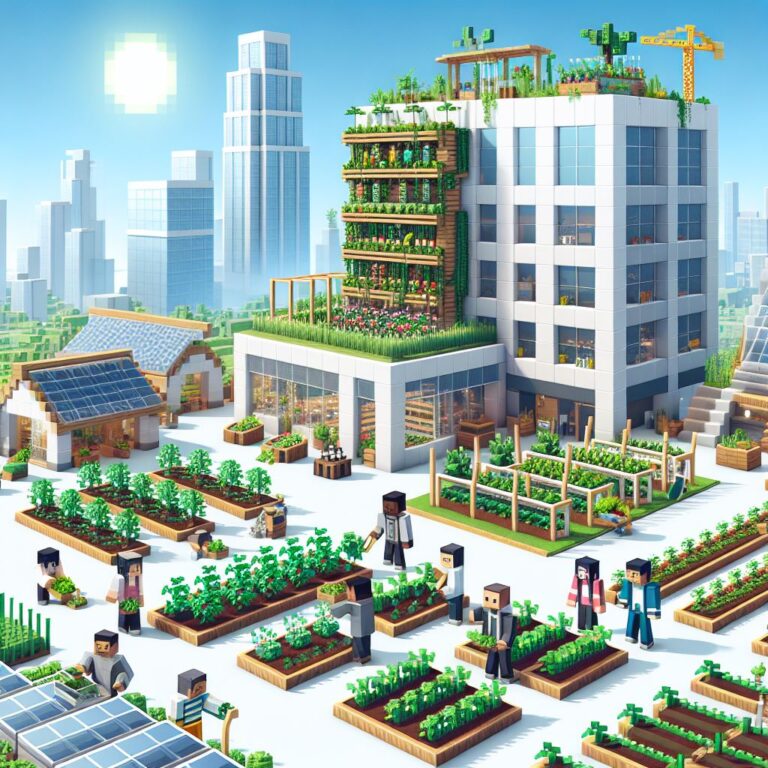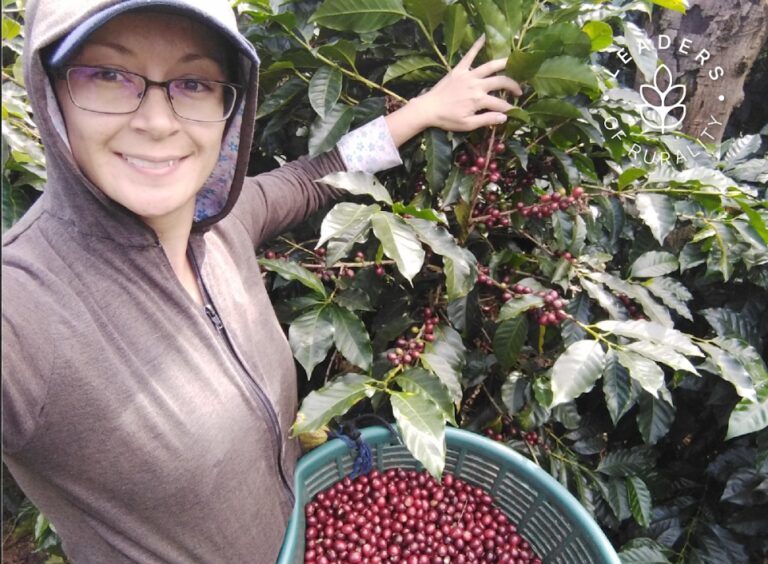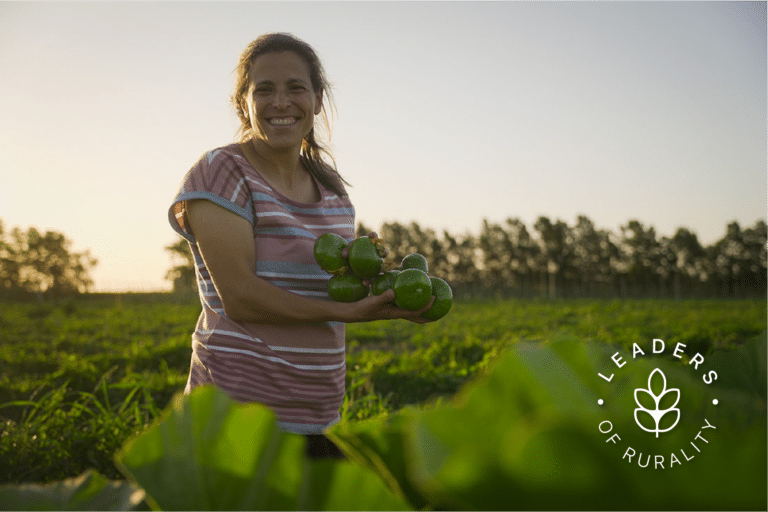For nearly 30 years, he has specialized in photography and has taken hundreds of trips portraying the life and work of those who sustain global food security with their efforts every day.
Buenos Aires, 23 August 2021 (IICA). Pablo Oliveri is an agricultural engineer. He graduated from the University of Buenos Aires with a postgraduate degree in Rural Development, and has transformed his passion for rurality into images.
For nearly 30 years, he has specialized in photography and has taken hundreds of trips portraying the life and work of those who sustain global food security with their efforts every day.
“At some point, I started taking photos and realized that this is what I wanted to do. I fell in love with photography and, being an agronomist, I combined it with my knowledge of agricultural issues. I learned while I worked, and also received training from different teachers”, says Oliveri, before describing some of his best photos.
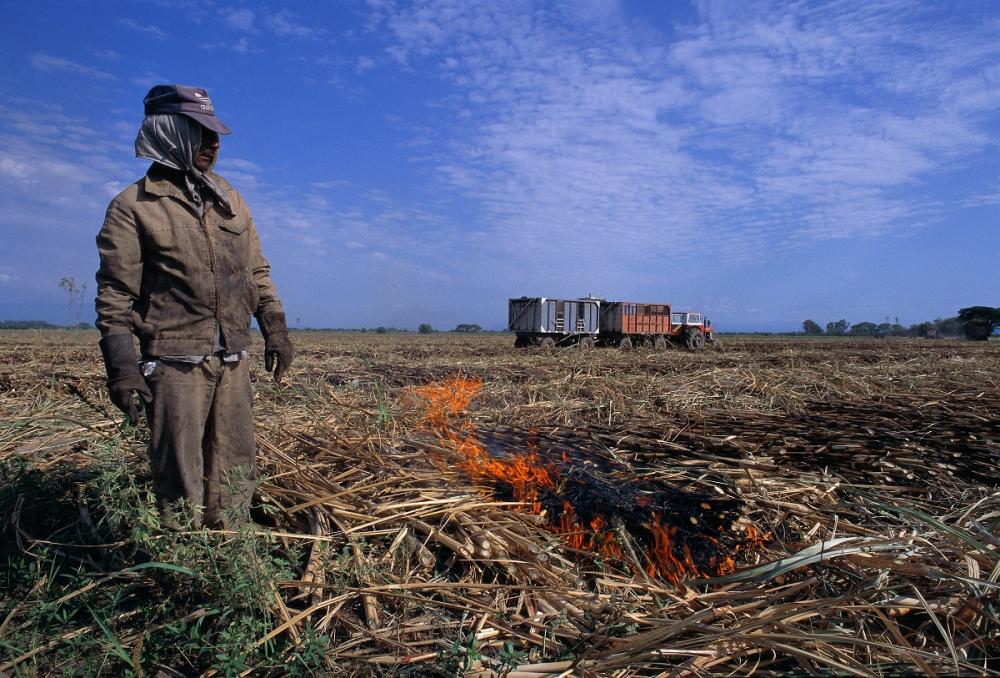
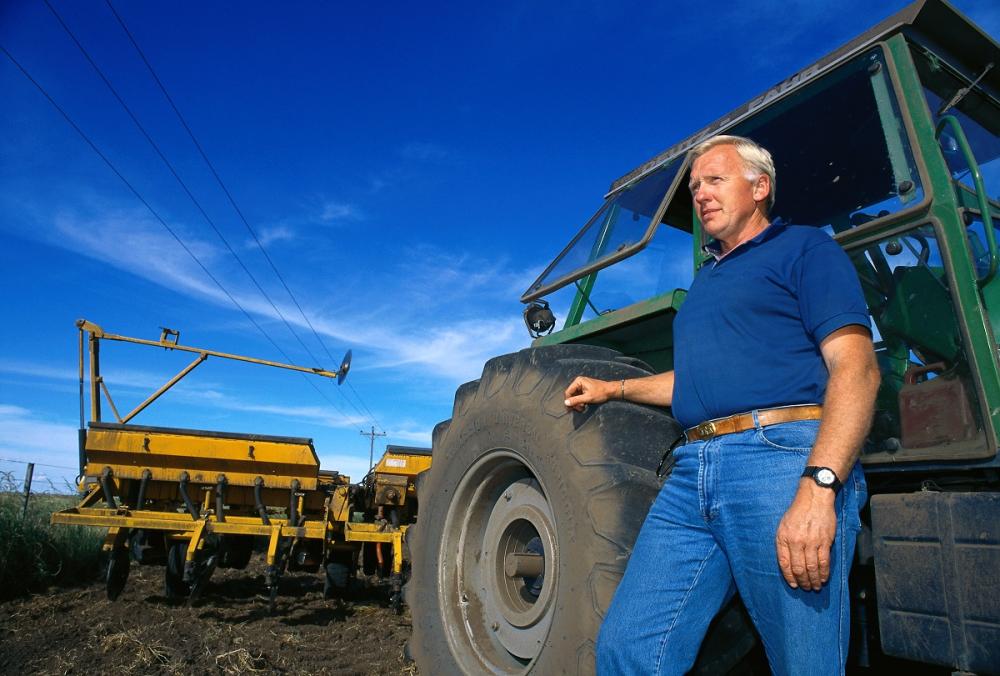
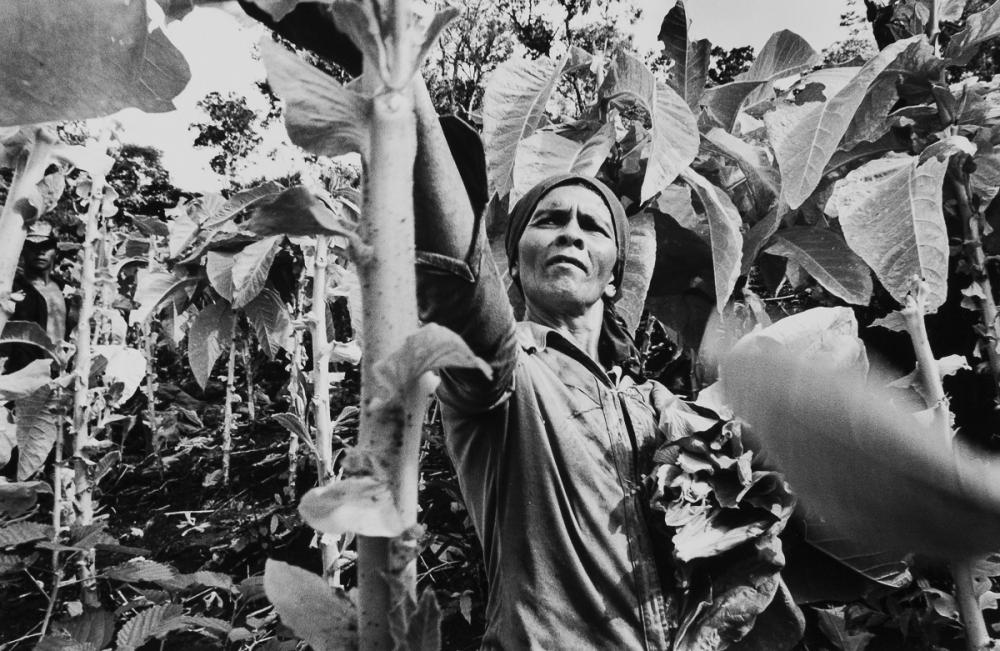
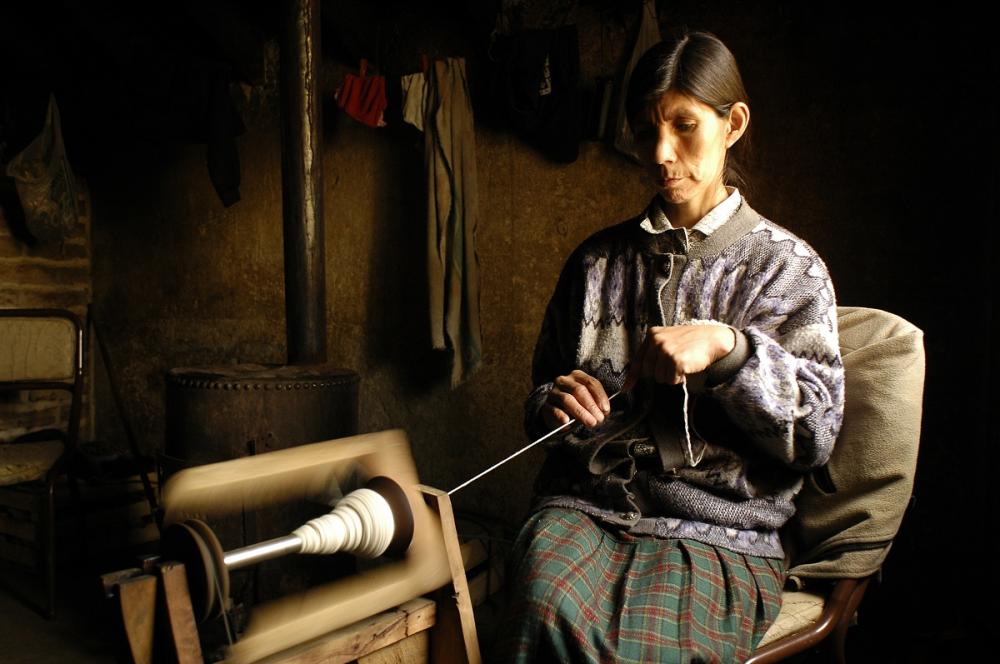
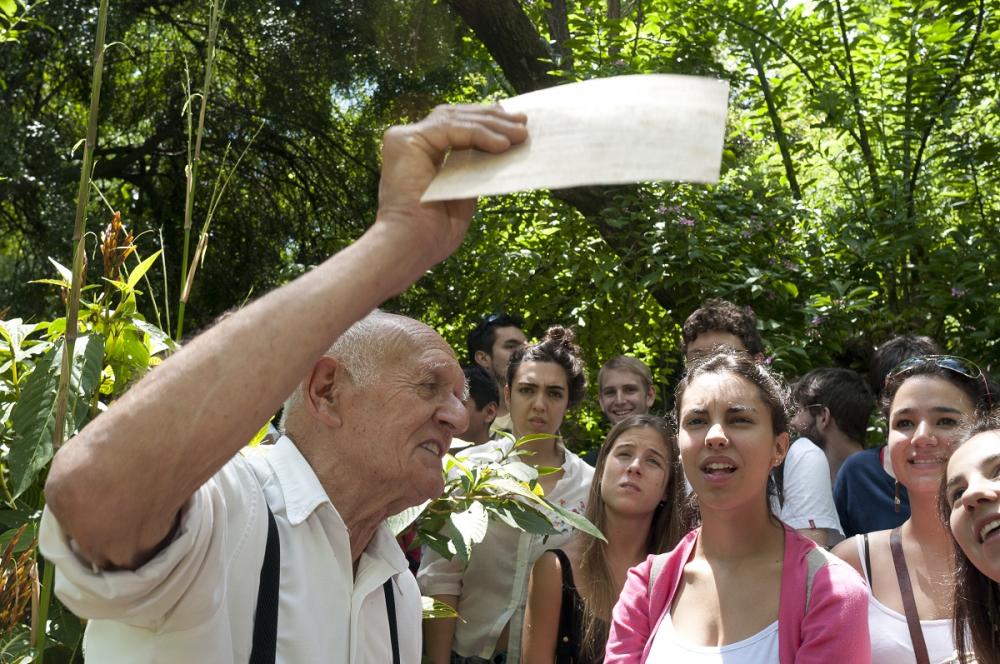
More information:
Institutional Communication Division.
comunicacion.institucional@iica.int
